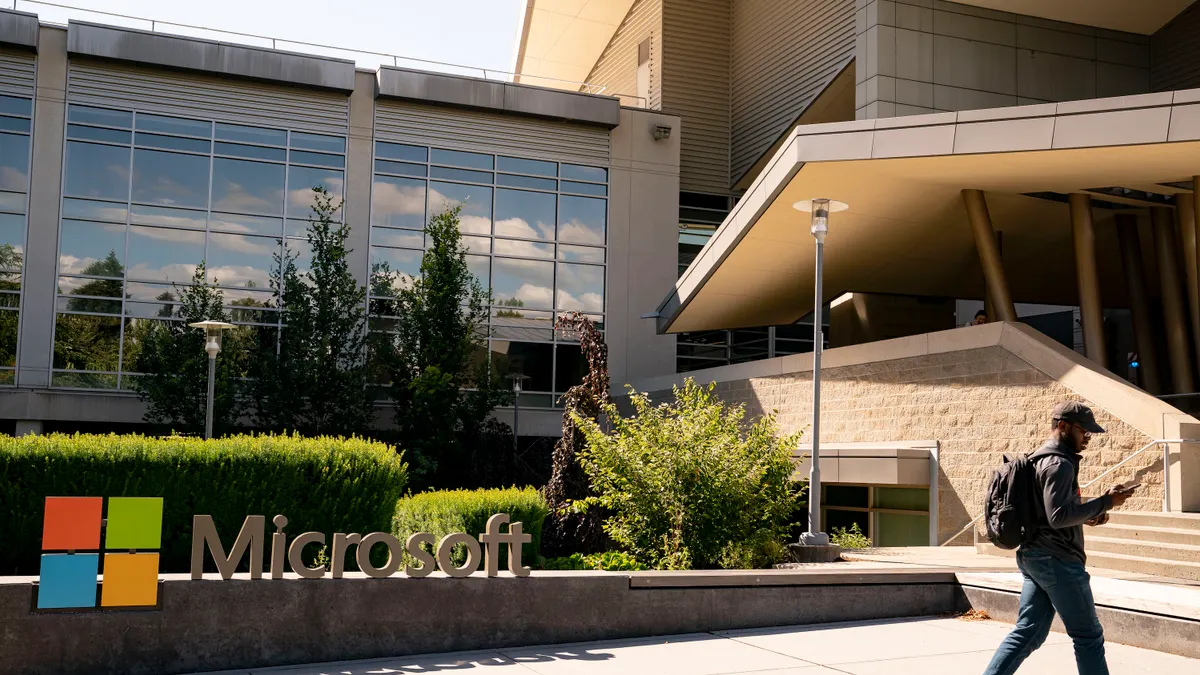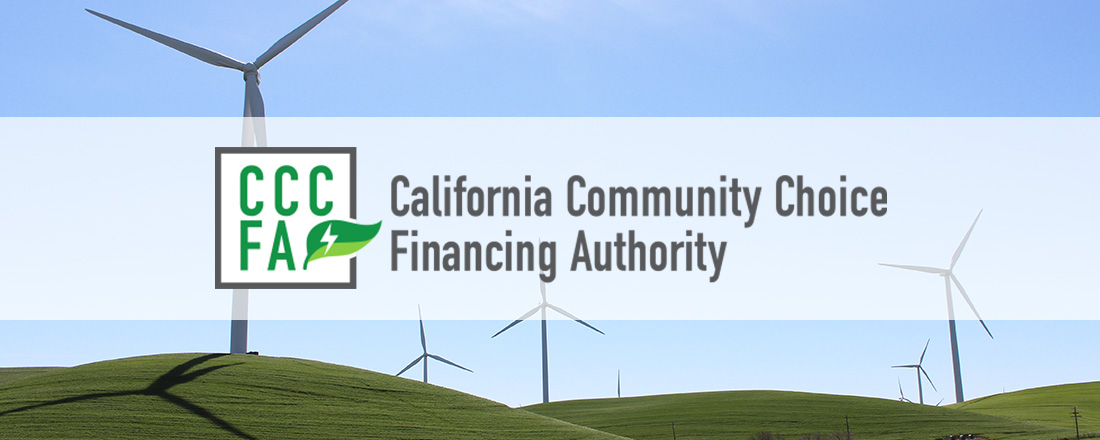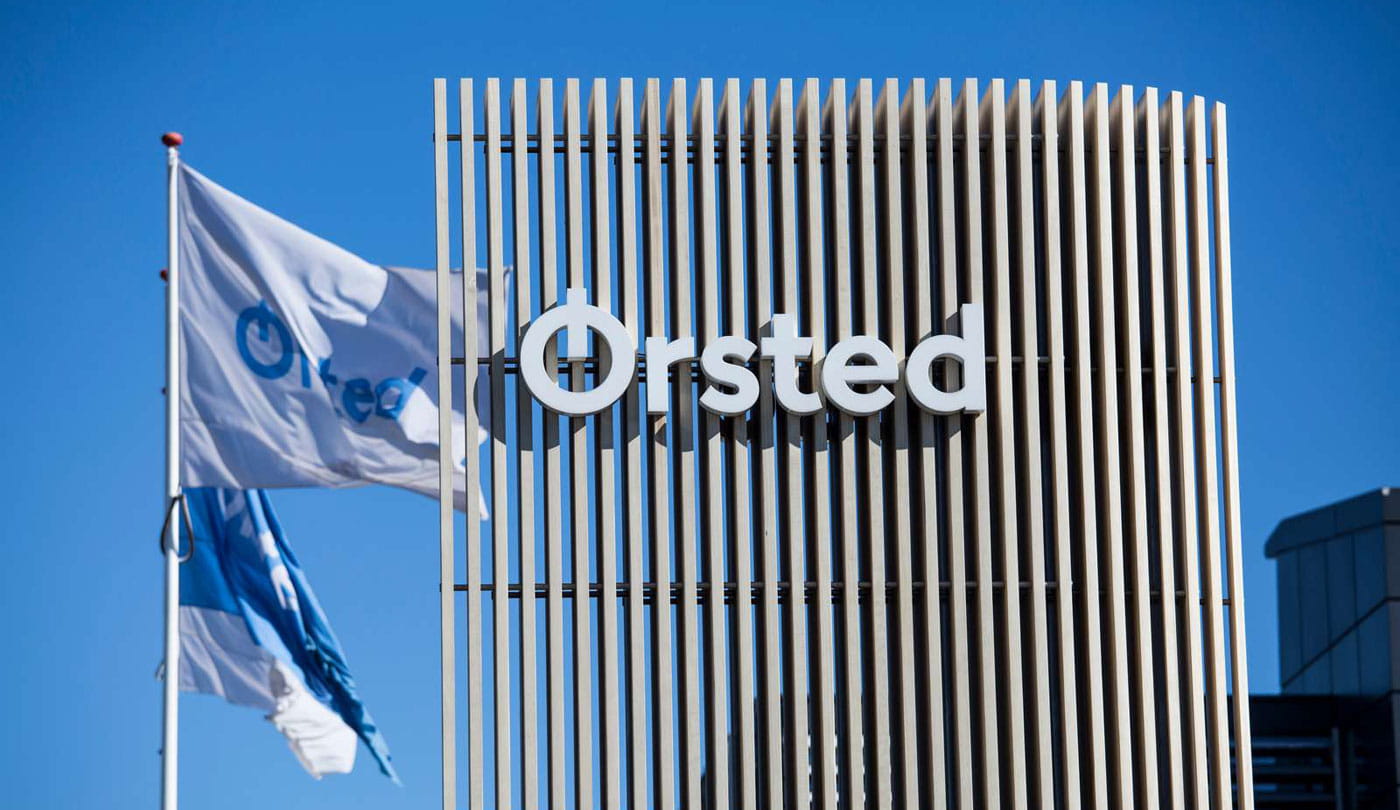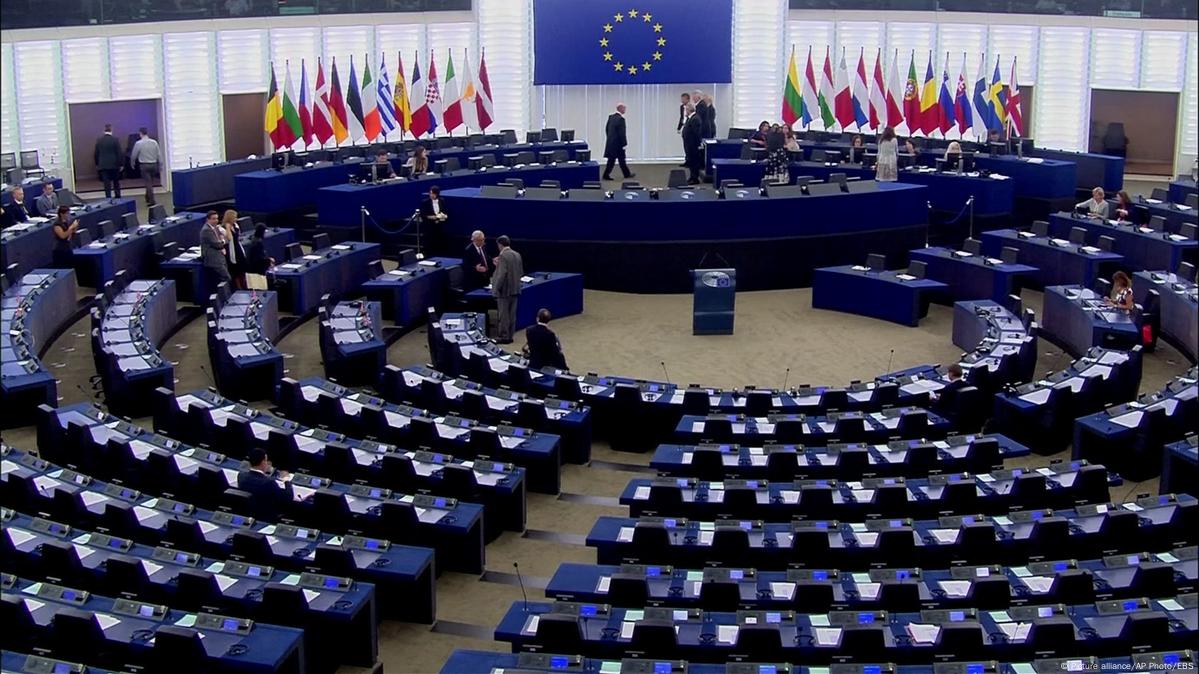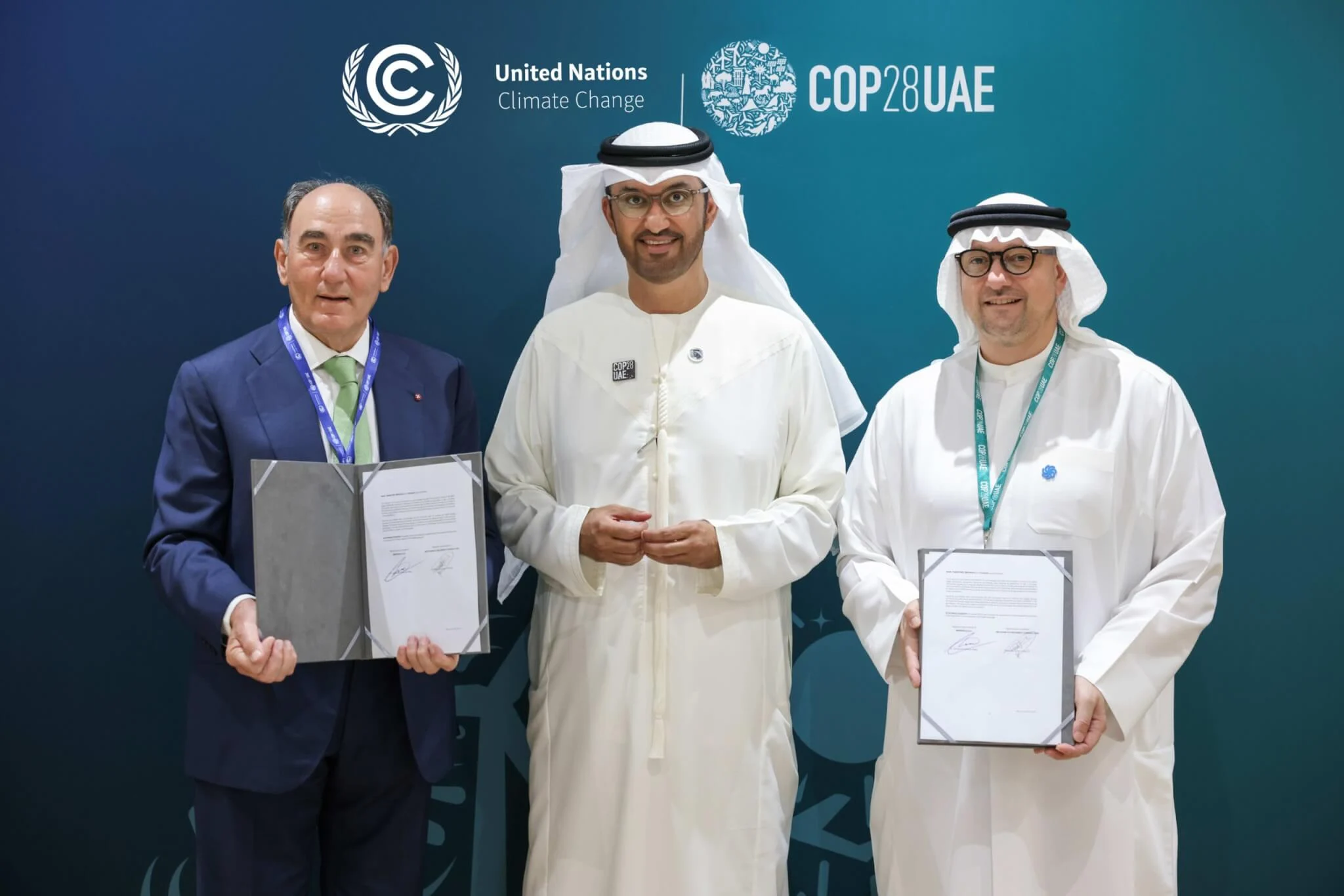The Future of Sustainable Jobs: Diverse Predictions and Emerging Trends

|
Listen to this story:
|
- The hiring rate for green jobs has doubled since 2017 and now surpasses the overall hiring rate, indicating a positive shift toward sustainability in the workforce.
- Despite the growth in green jobs, 94% of companies report a lack of talent needed to fully implement ESG policies, posing a challenge to further progress.
- As the future workforce, Gen Z prioritizes sustainability over brand loyalty, which could significantly influence the future direction of sustainable business practices and job markets.
While only 53% of Americans argue the clean energy industry in the U.S. should be expanded, it has been the job of business-tracking publications and companies to make their best estimates on the long-term outlook of sustainable jobs. As the labor market gradually defines more sustainable jobs, existing positions are more scrutinized as their futures are projected.
For example, an economic study from LinkedIn provides a graph showcasing the definitive positive trend taking place as far as the annual hiring rate of green jobs. According to the graph, the hiring rate for green jobs has doubled since 2017, as well as surpassed the overall hiring rate since 2019.
The report offers an optimistic outlook on both the shifting nature of the job market and the growth in jobs considered sustainable. Economic strength is crucial for a sustainable workforce, which makes establishing safeguards like ESG investing even more important, an idea supported by market economics and the success of sustainable practices.
However, other sources point out obstacles that persist in other areas of ensuring the successful future of a sustainable workforce, such as the lack of talent needed to implement ESG policies. One report, published by the ManpowerGroup and brought up in an article by the World Economic Forum (WEF), brings up that a significant 94% of companies report they don’t have the necessary talent to take sustainability to the next level.
Furthermore, the amount of actual green skills required to support a growing sustainable job market are in jeopardy. According to projections from The Brookings Institution, nearly 17 million infrastructure workers are slated to leave their jobs due to retirement and other labor shifts. When compared with data from the WEF, which highlights that infrastructure jobs have the highest concentration of green-skilled employees, the long-term feasibility of green job expansion appears more uncertain.
The energy transition plays a crucial role in deciphering all of the competing variables that try to cast a prediction of when sustainable jobs will be everywhere. Despite that, a majority of workers believe that the adjustment into a greener role can feasibly happen in their current role and not in a new one, according to a poll from the WEF. This shrinks the scope of the energy transition to a transition undertaken not cross-company, but within companies themselves.
As Gen Z emerges as the main generation of the future workforce, their attitudes about ESG policies in the workplace are important to consider. In a study from 2021, 75% of Gen Z respondents said sustainability of a product is more important than the brand that it is. Additionally, 46% of Gen Z’ers have already or plan to change their jobs or their industries due to climate concerns, a number higher than even millennials, based on a Deloitte study. Under the pretense of Gen Z being the future workforce, it is a significantly favorable marker for the proponents of a sustainable industry.
Related Article: Report Shows U.S. Solar Jobs Surge in 2023, Setting Industry Milestones
Written by: George C. Alexandrakis,
Edited by: Michael Fabiano, ESG News



